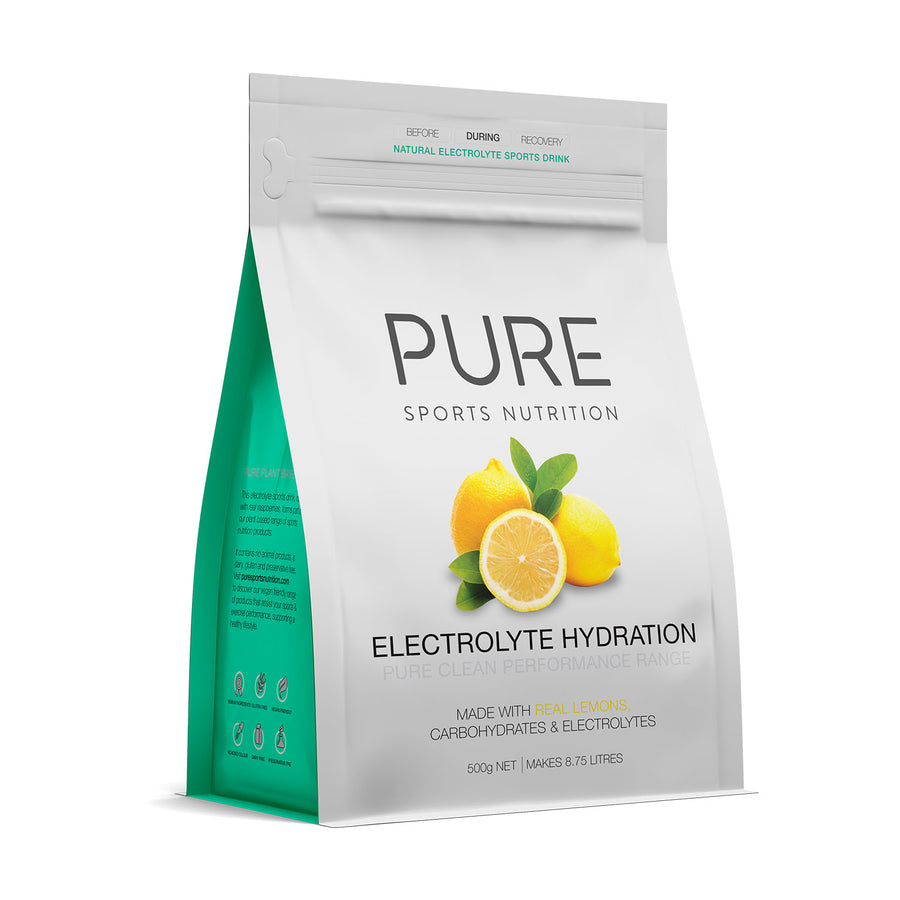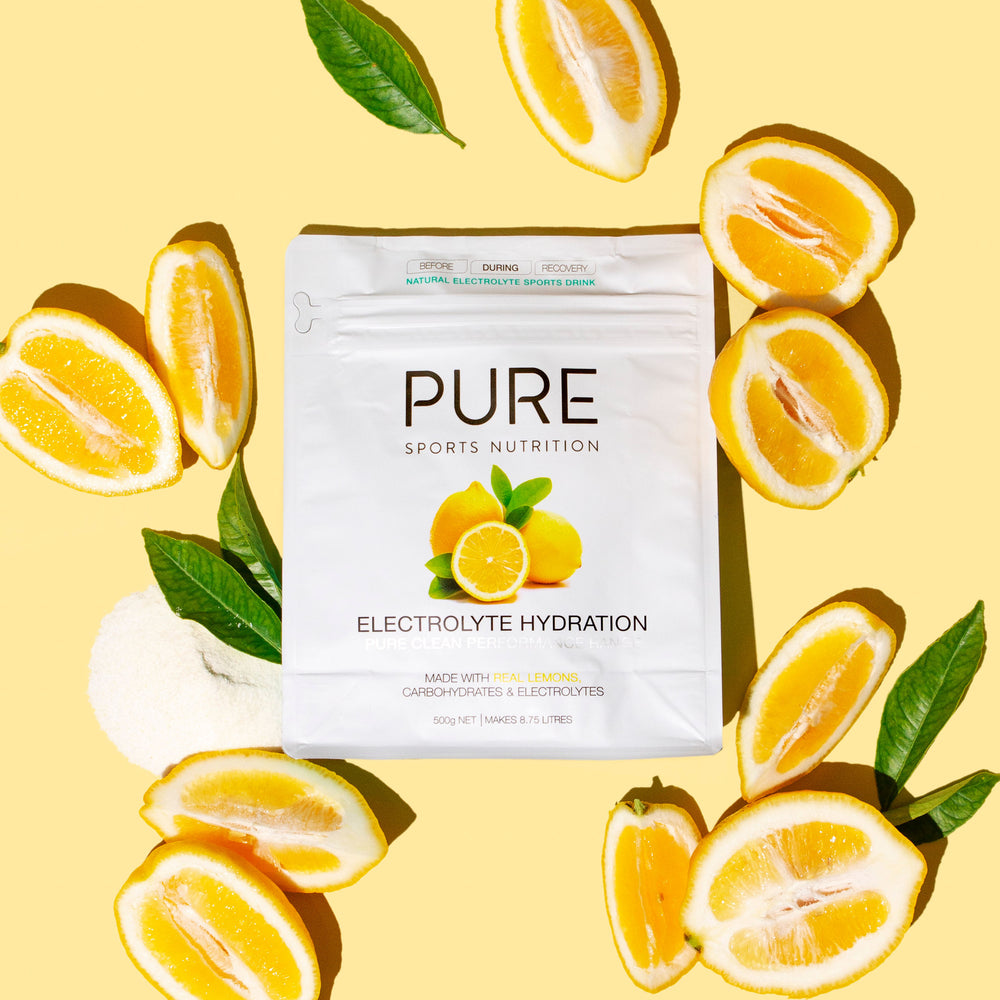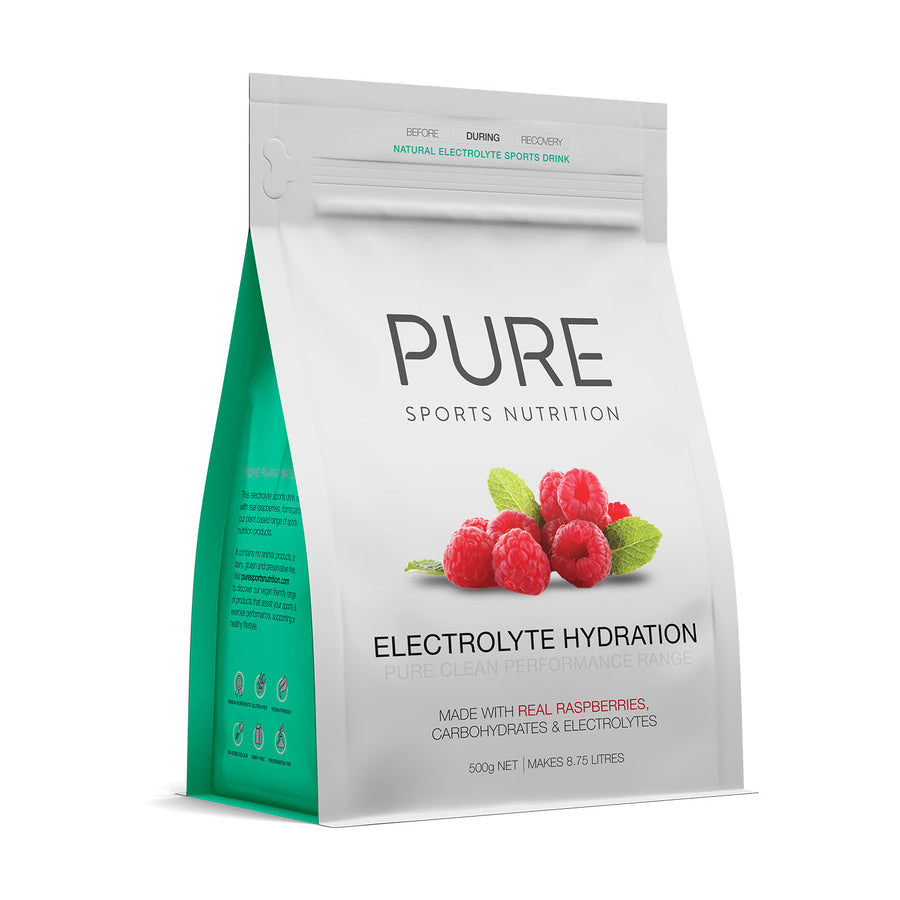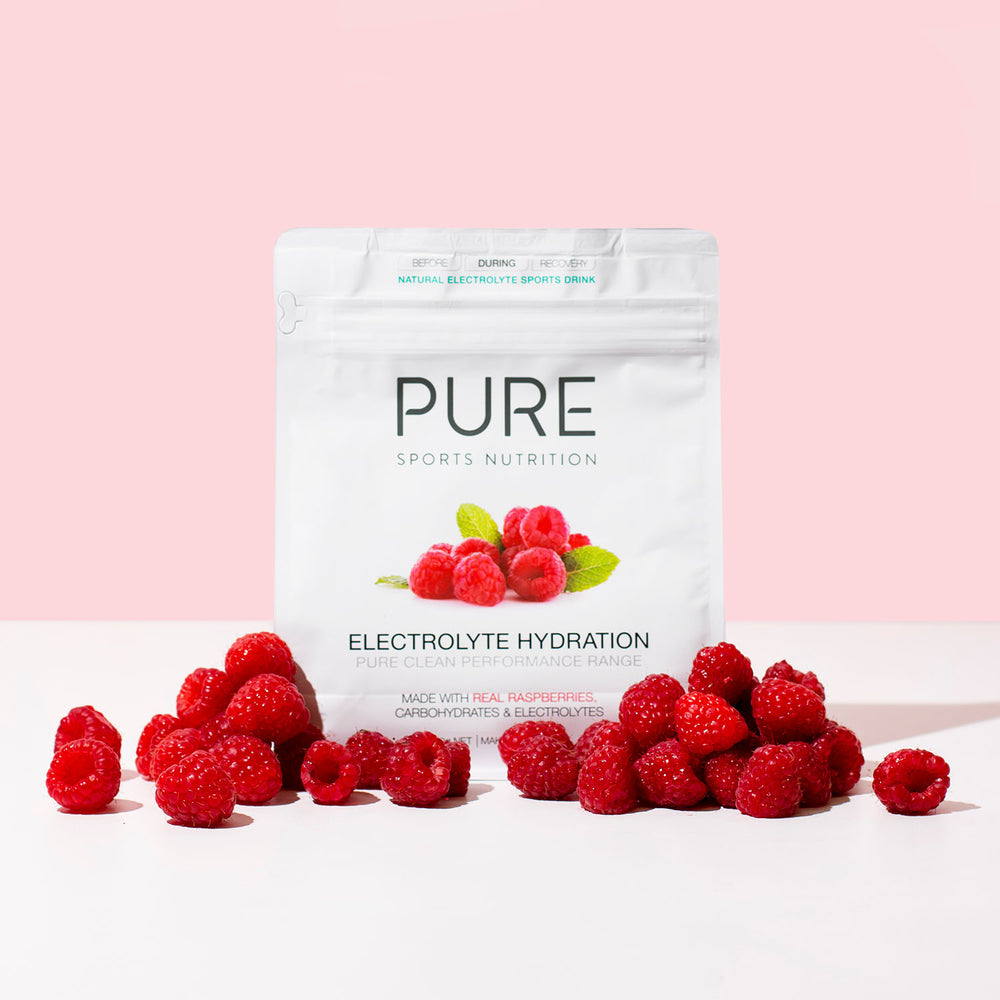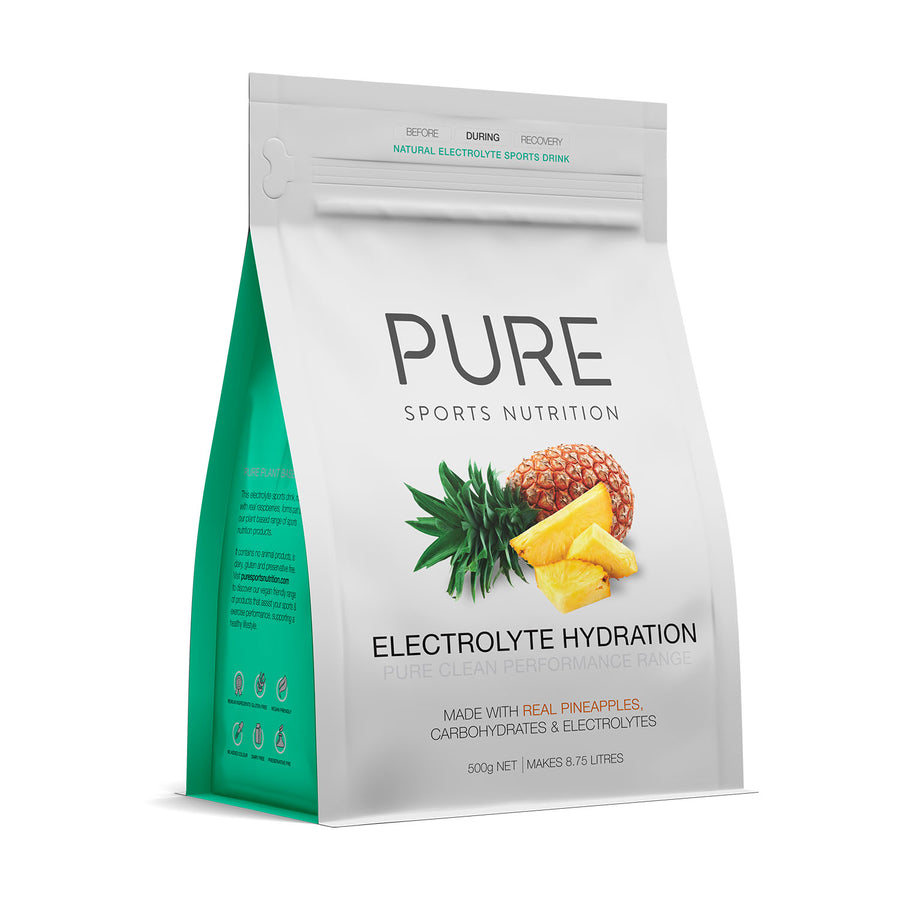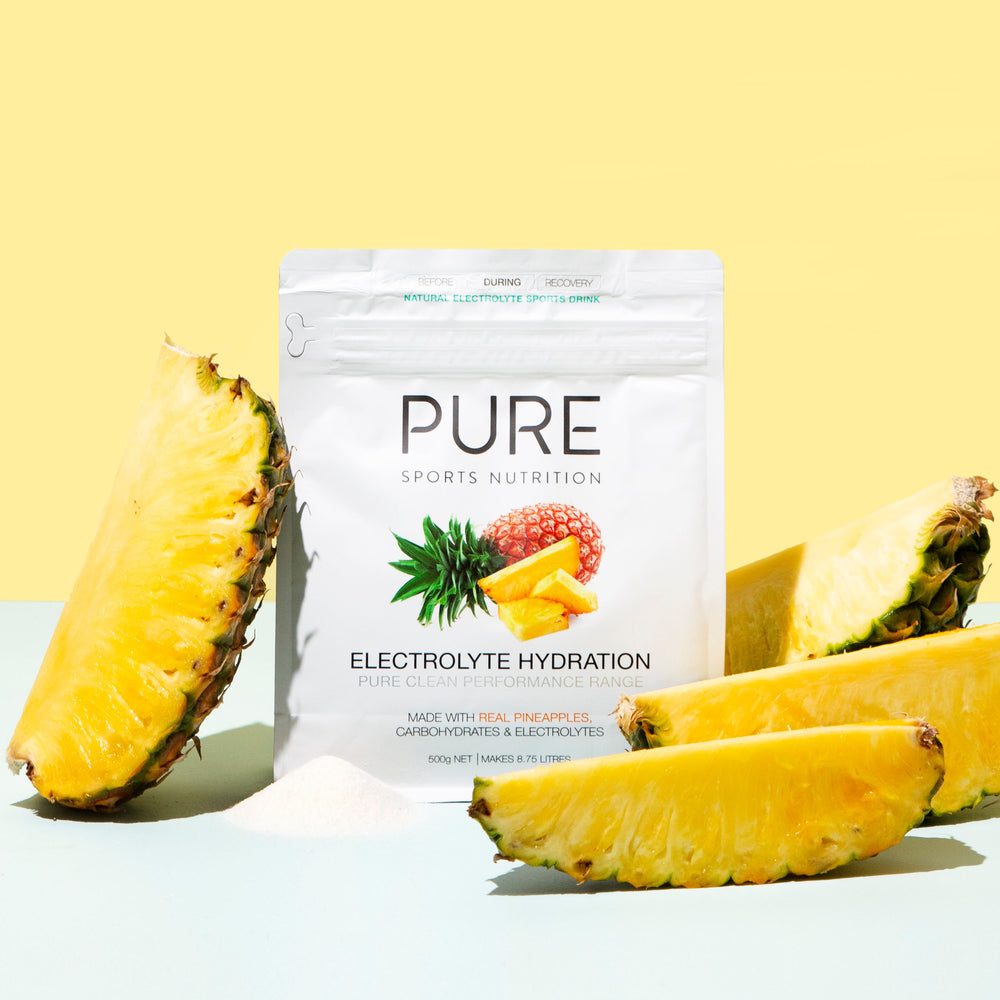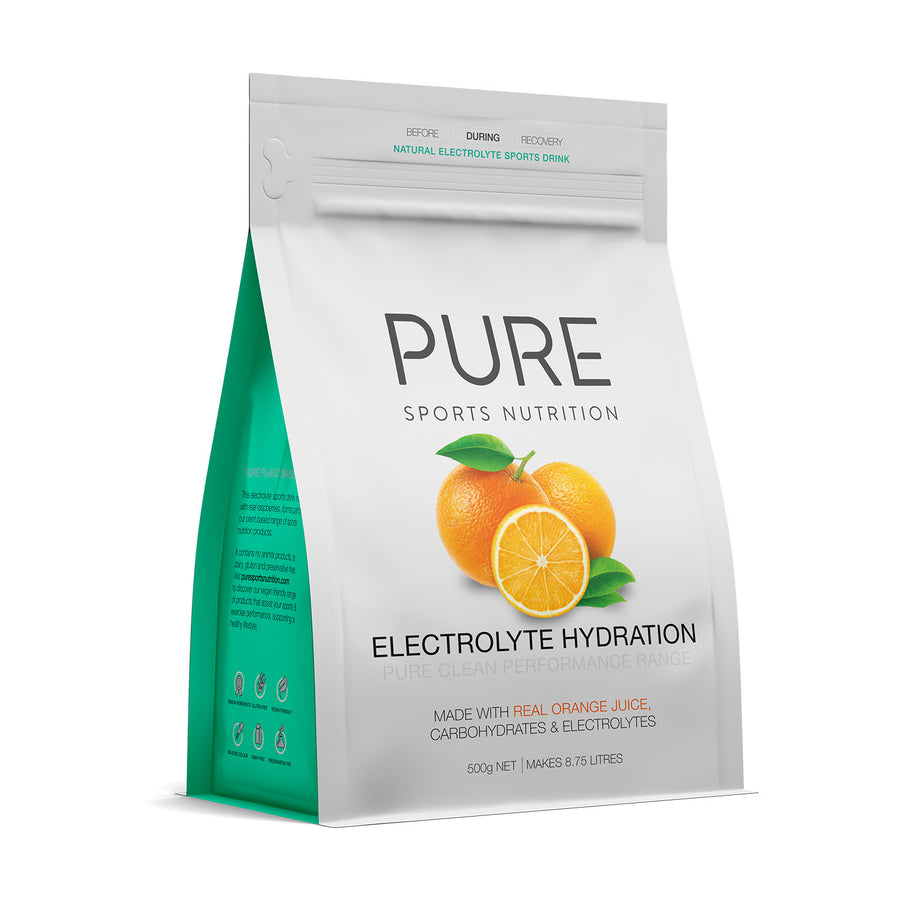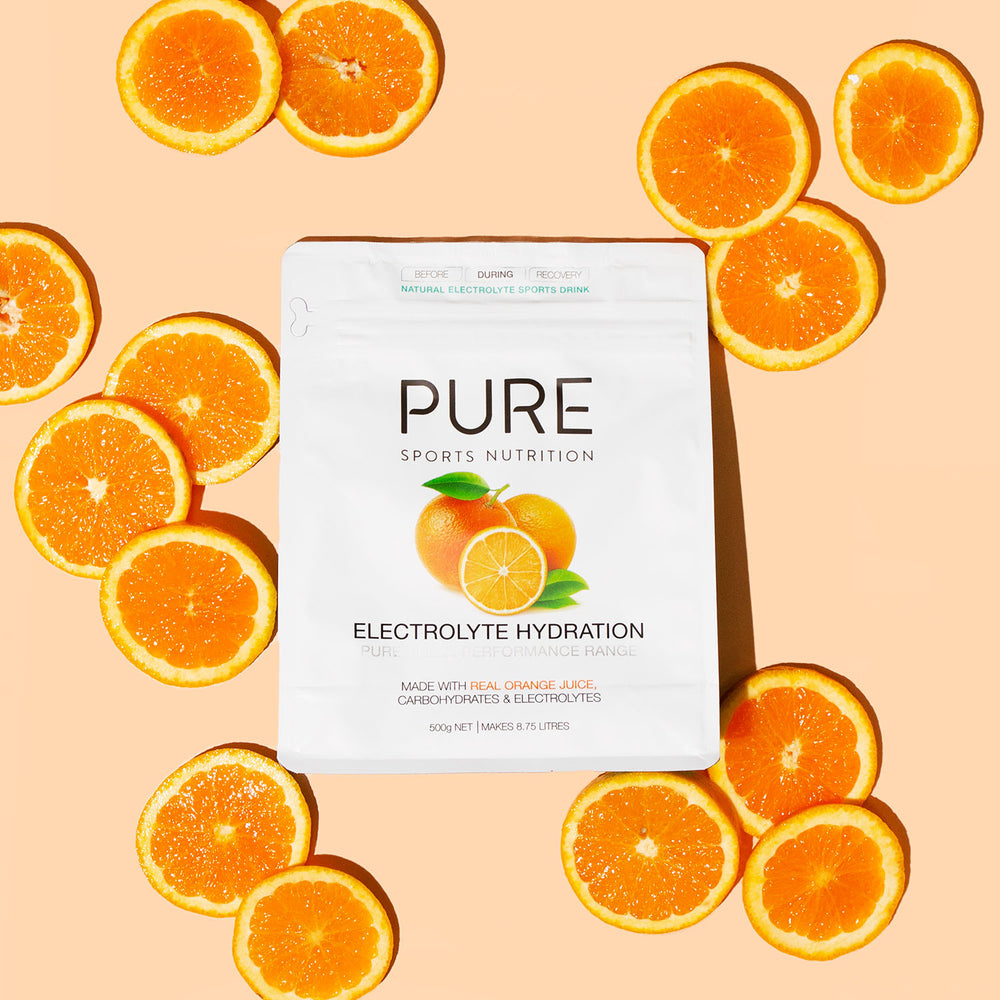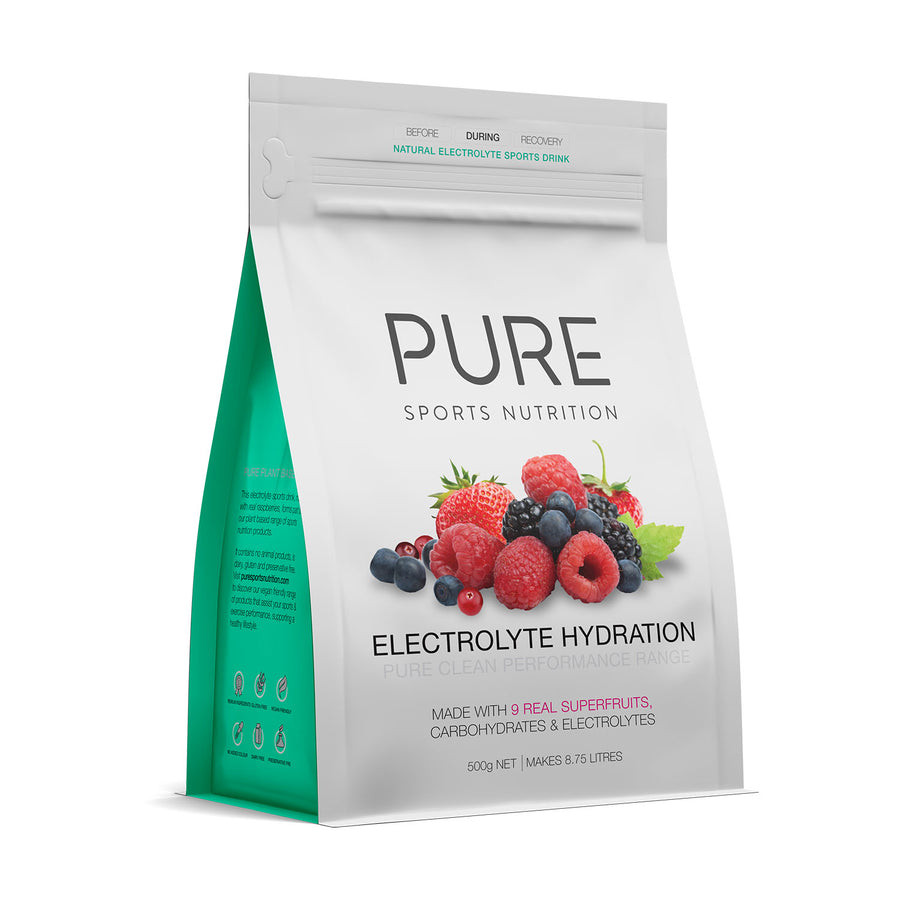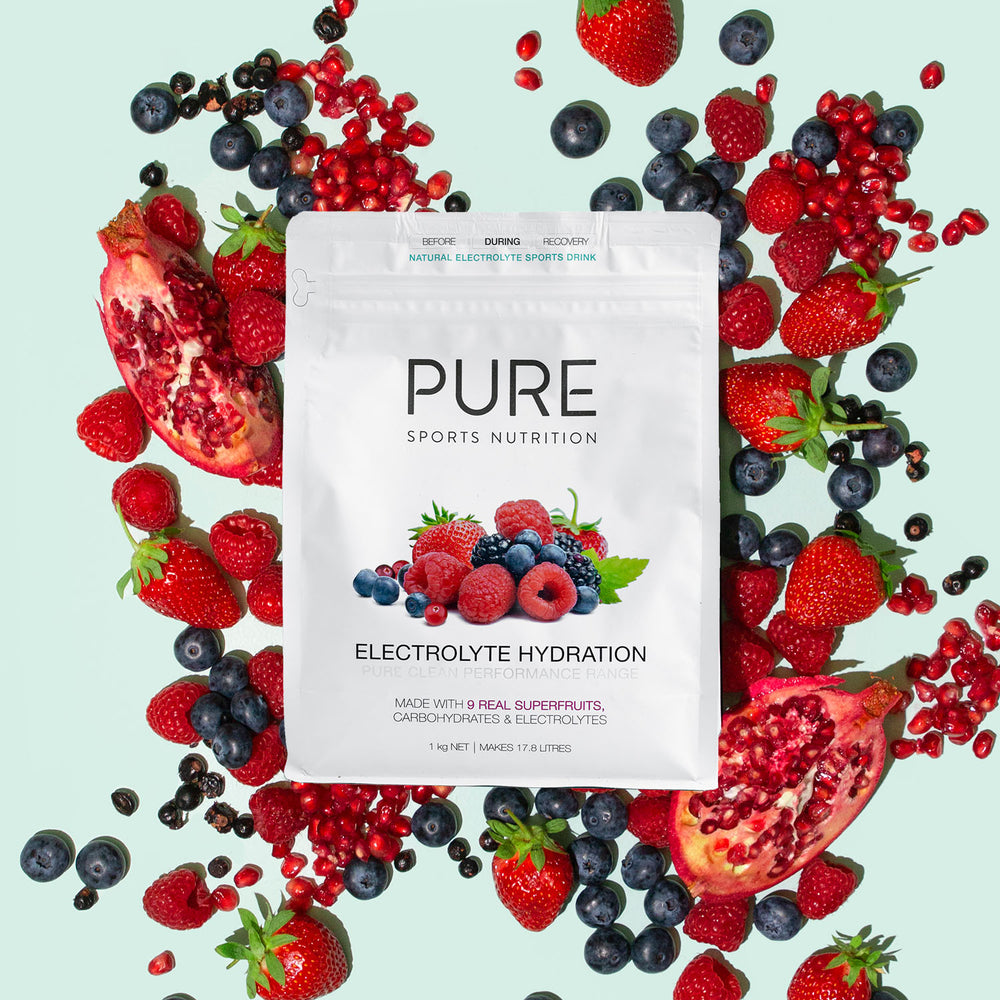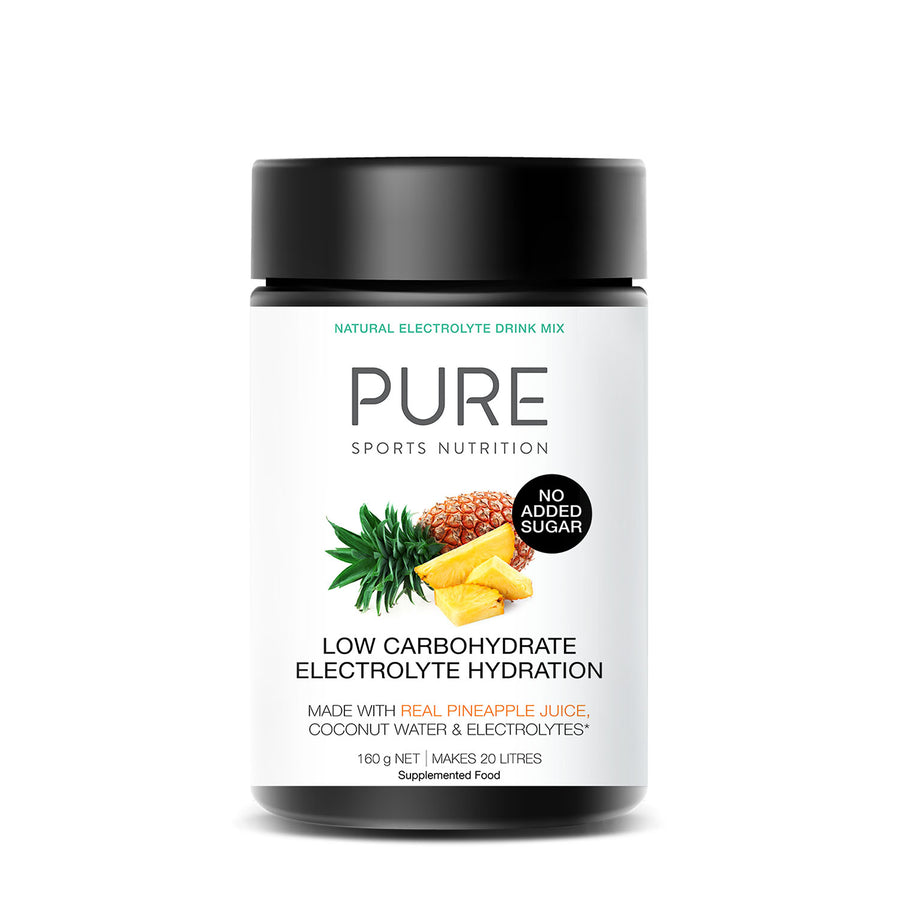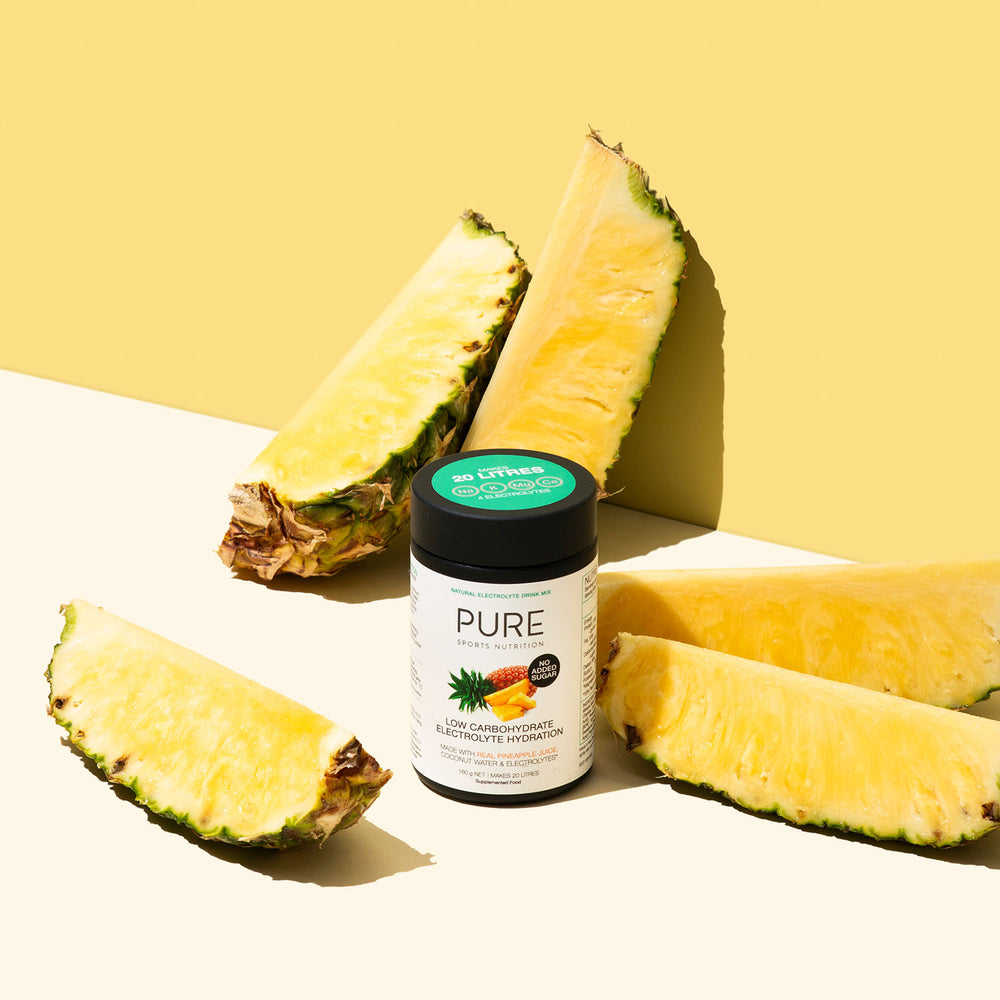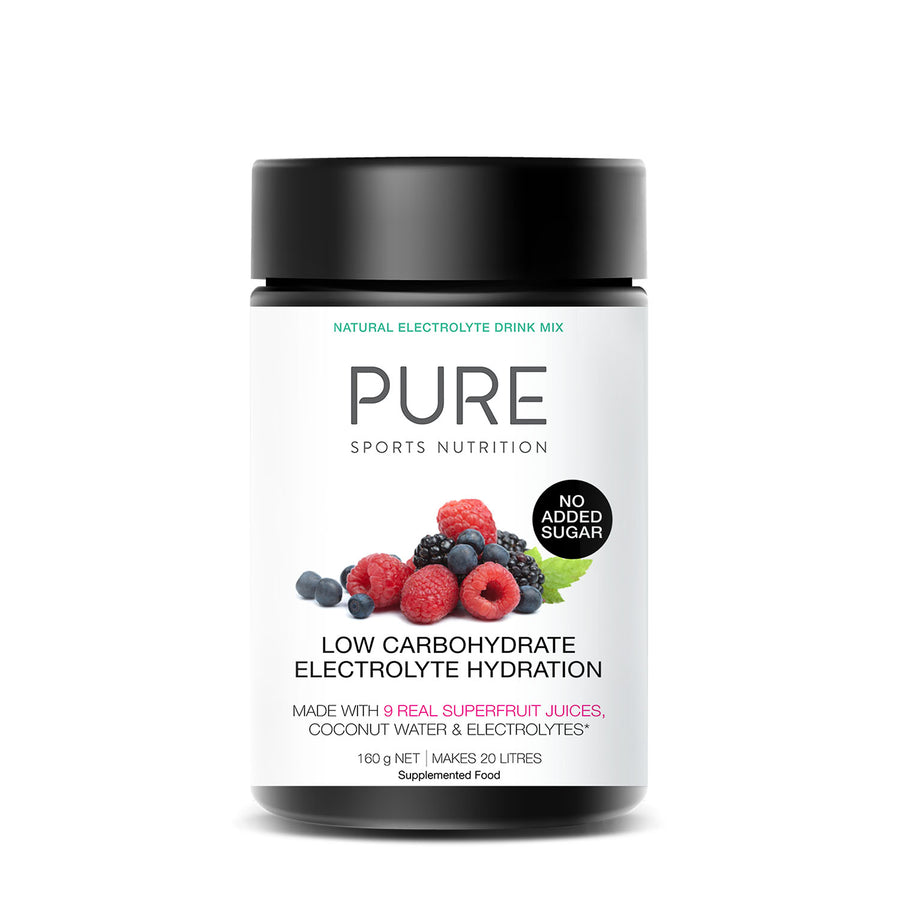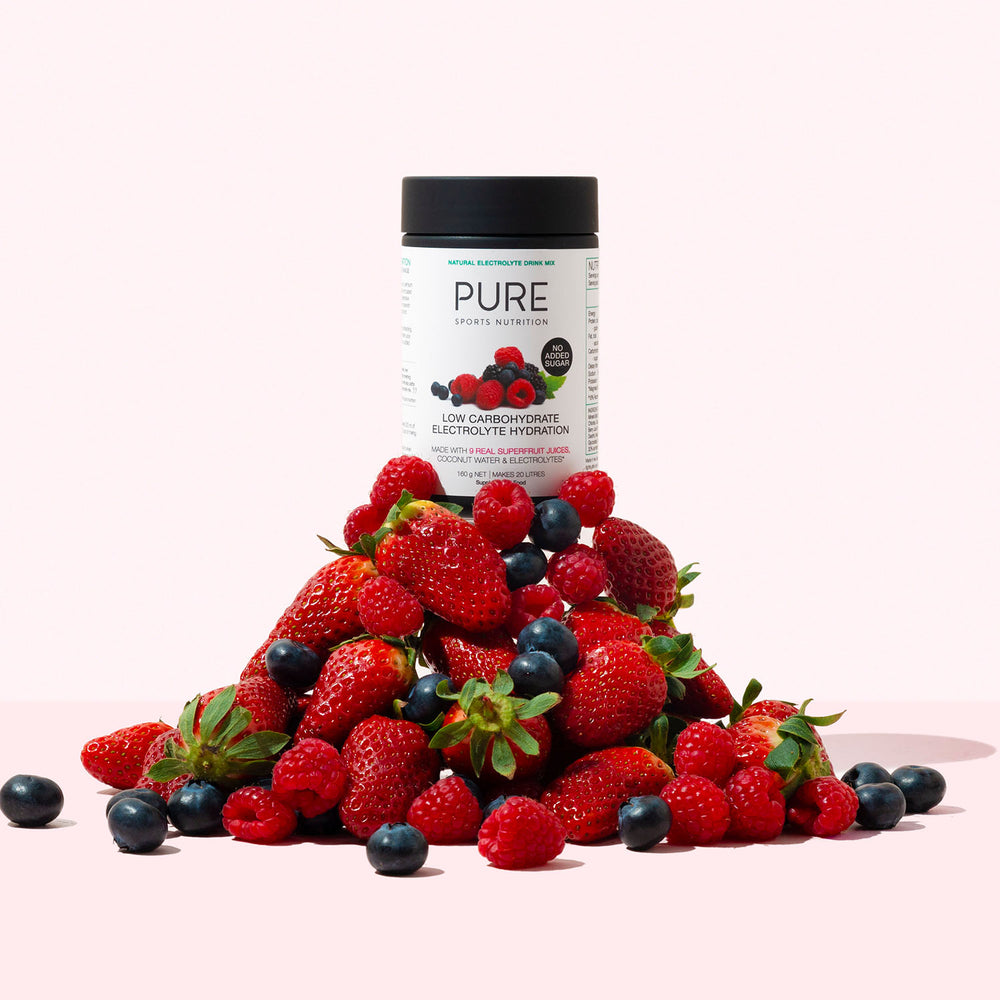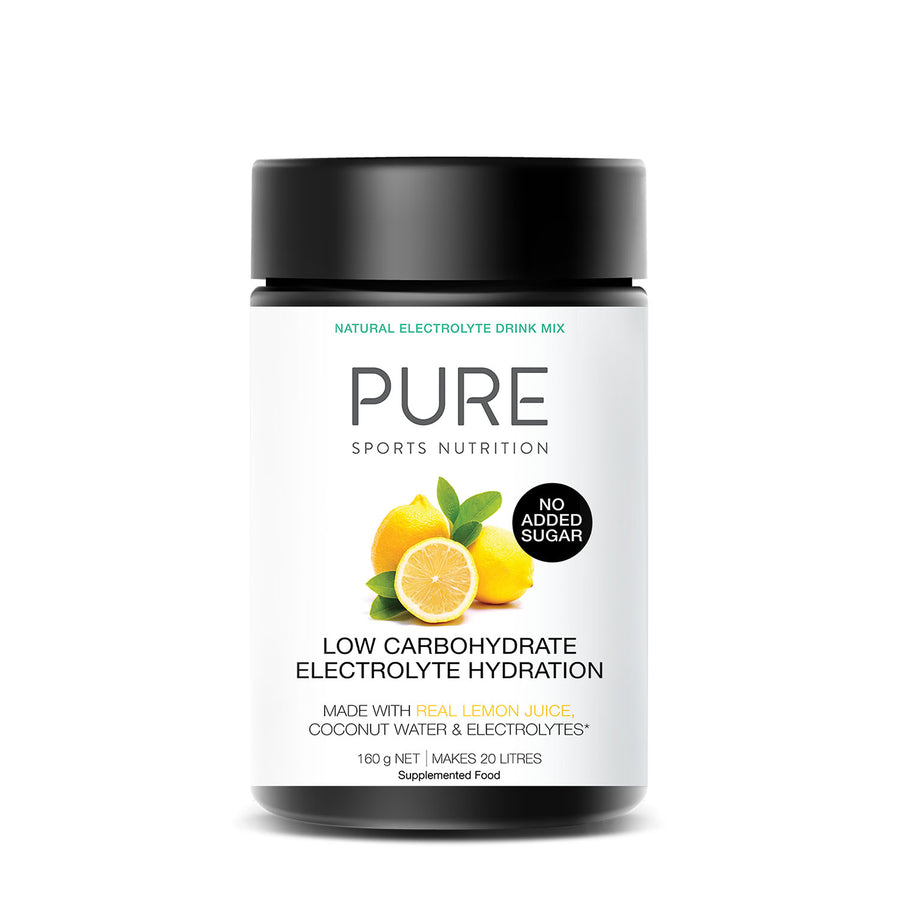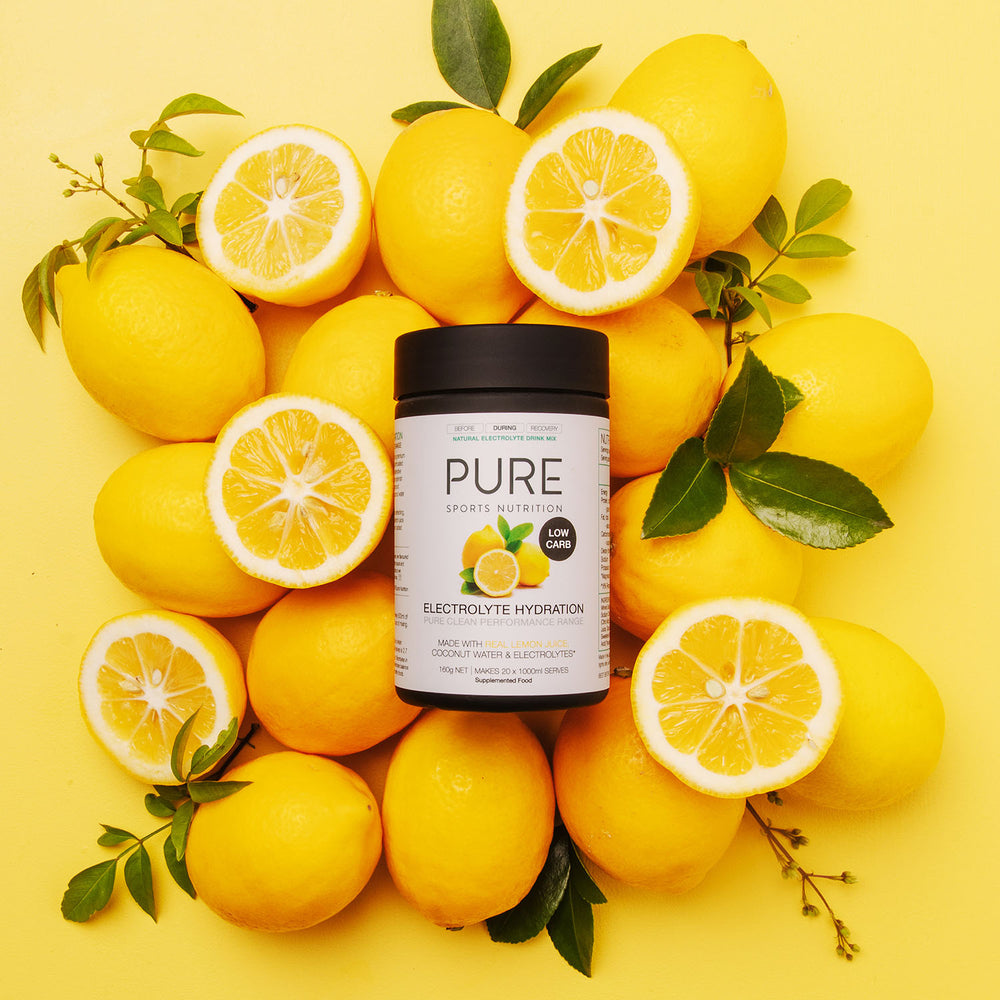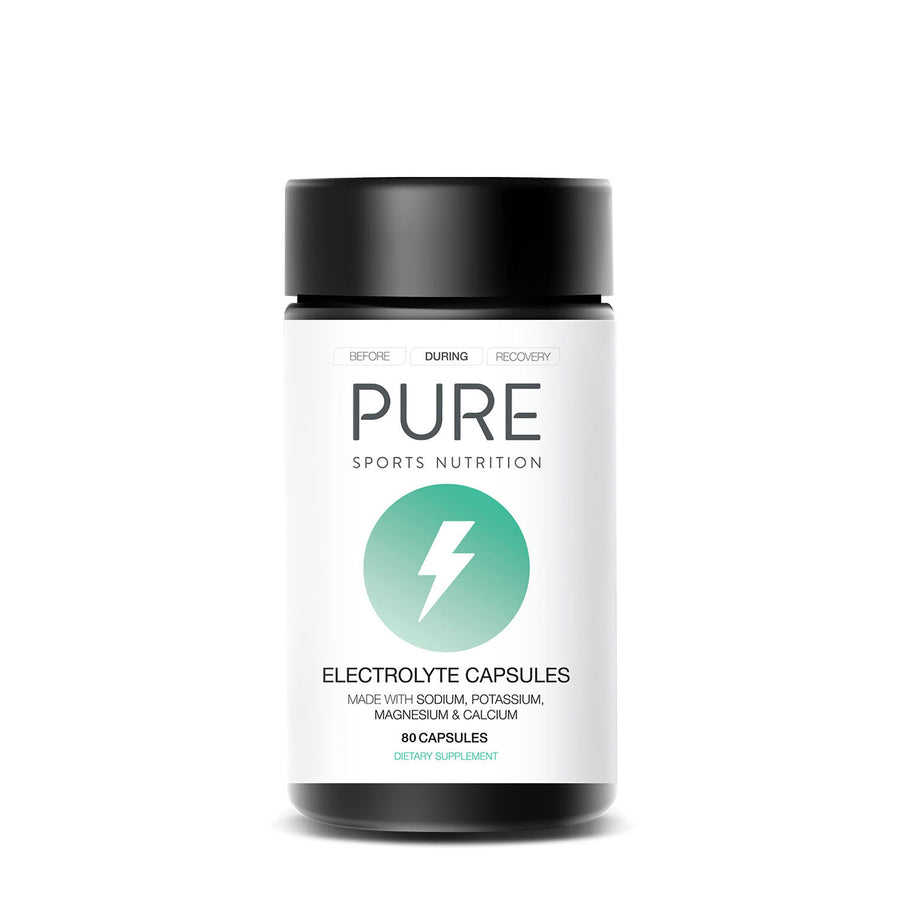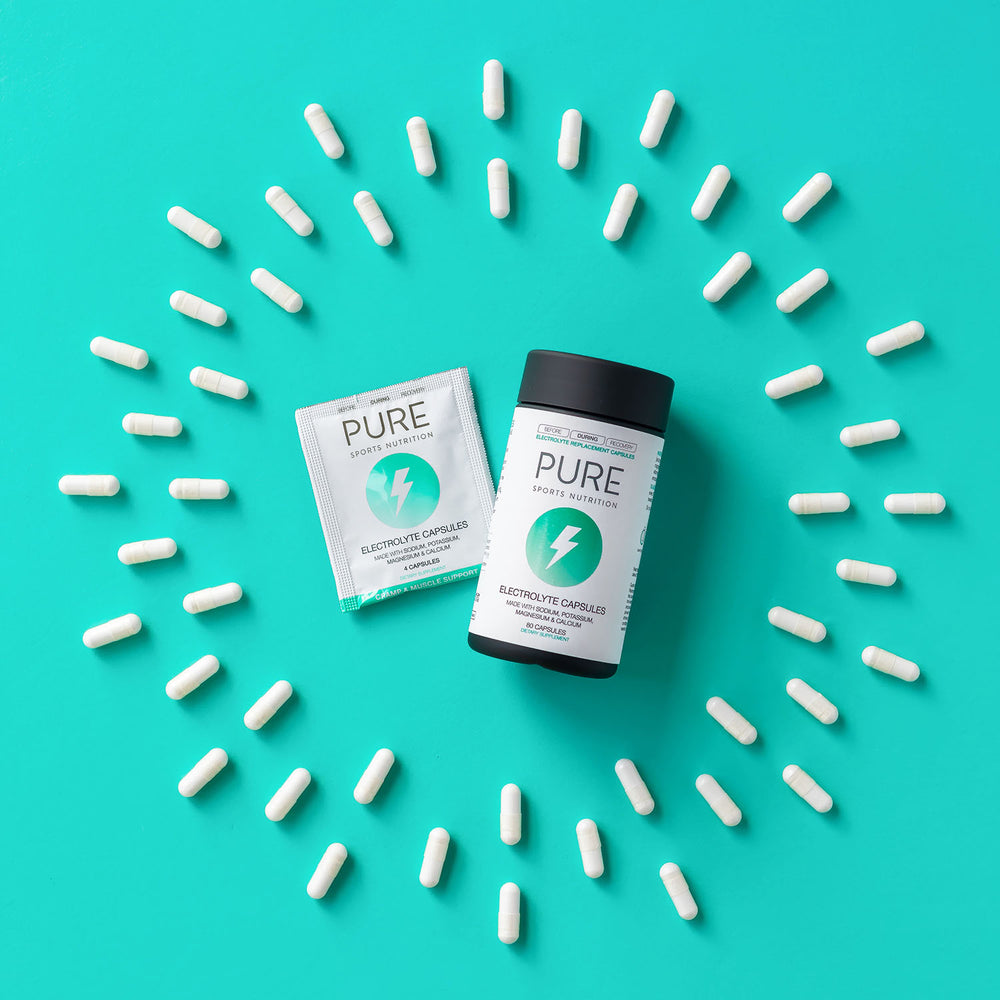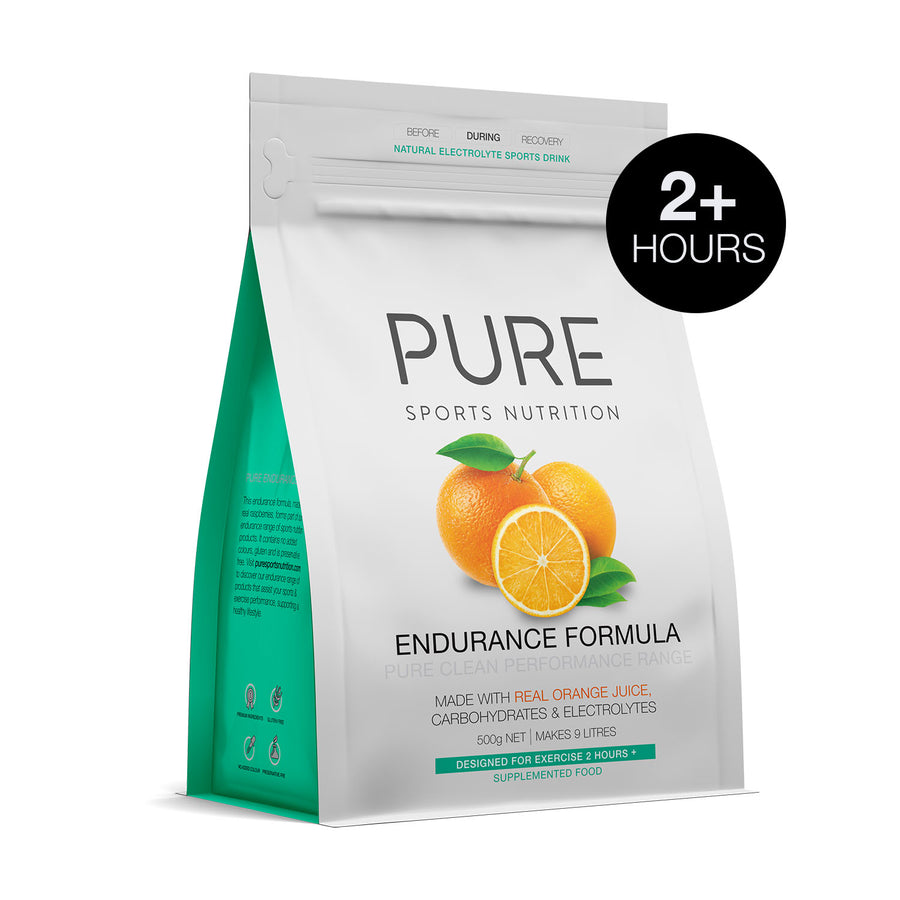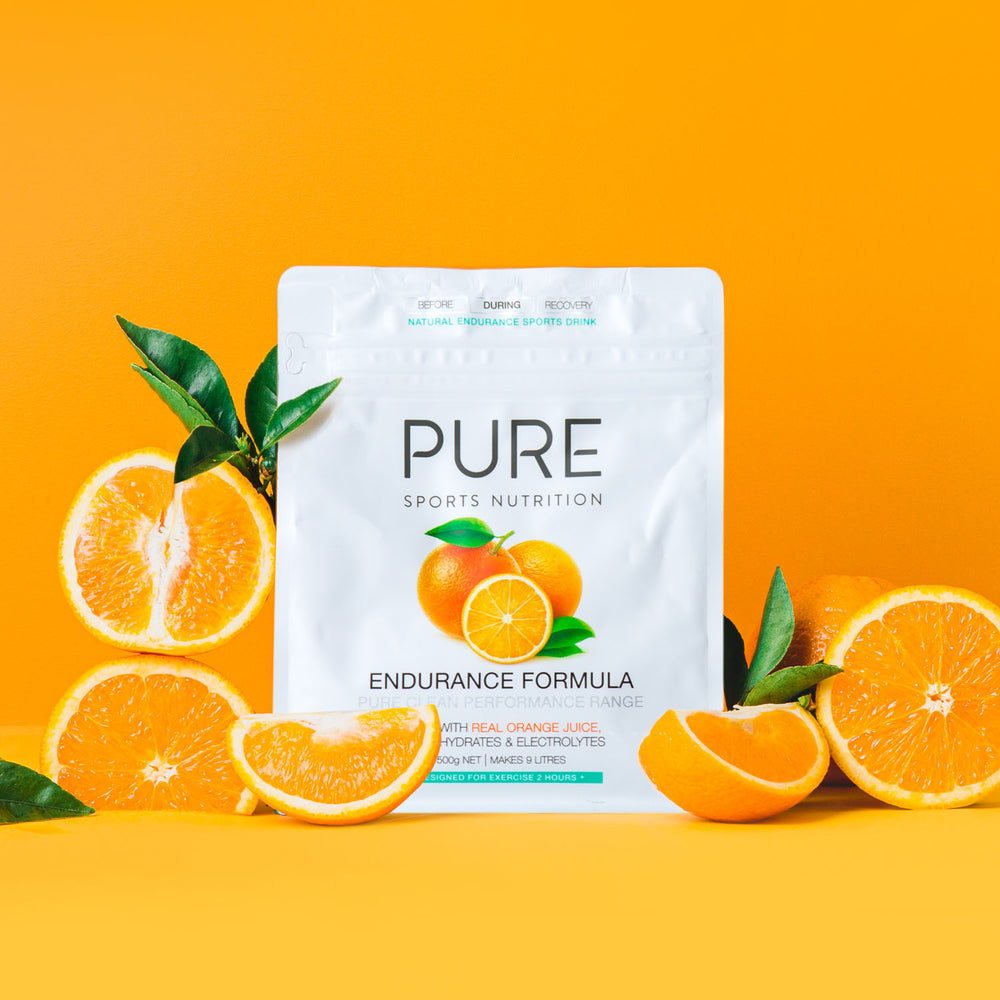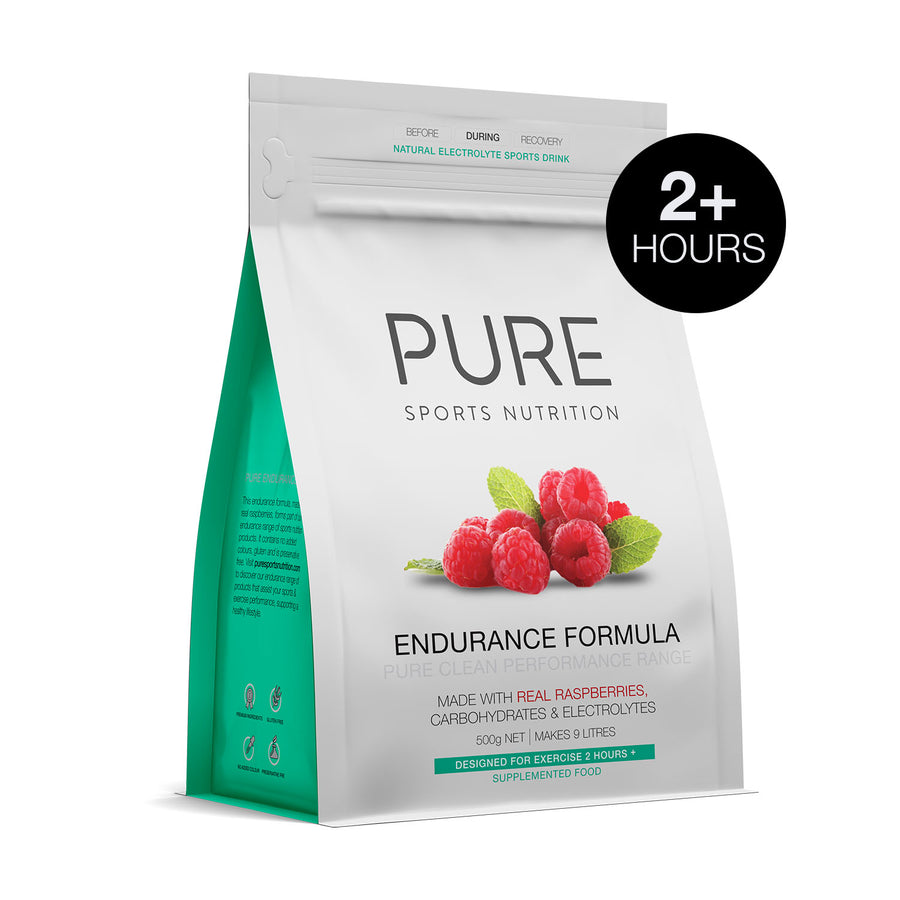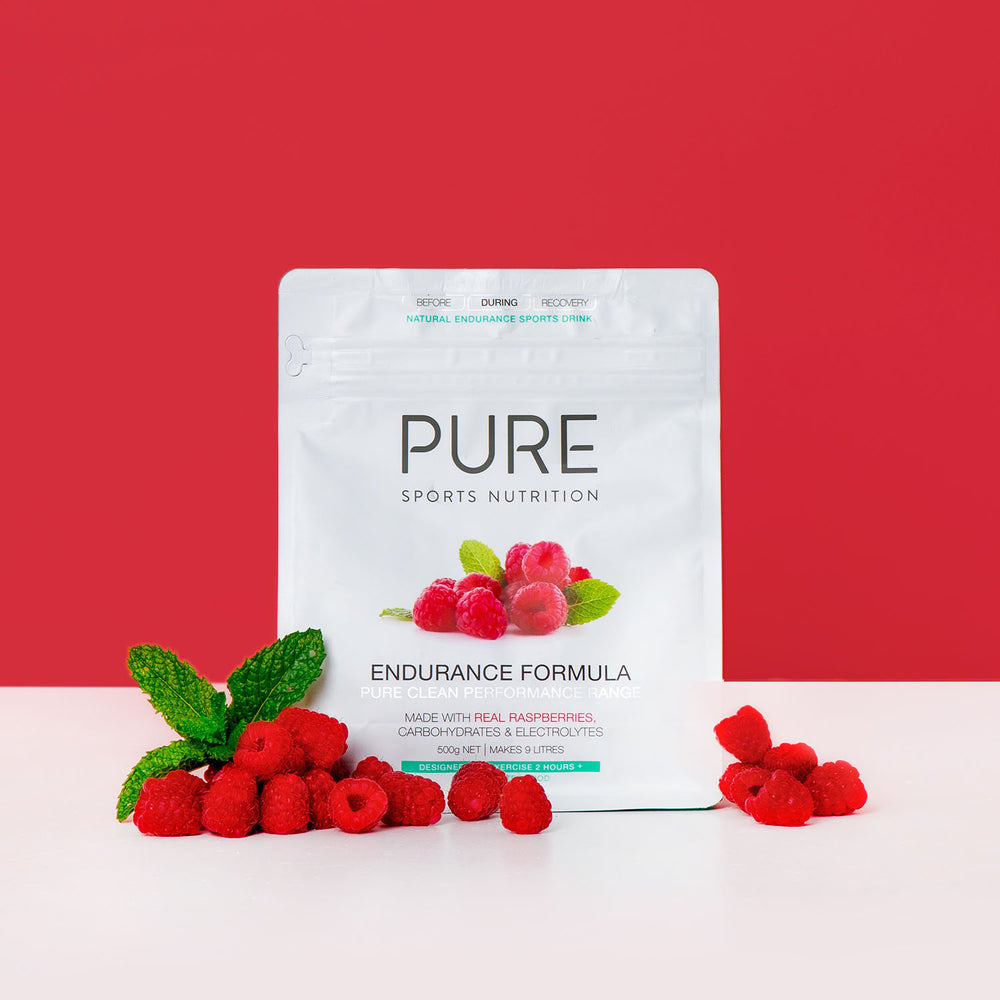
Planning Your Ultra Marathon Nutrition
It's never too soon to create and implement your ideal race day nutrition plan, in fact the more time you have to practice this in training the less likely you are to hit road blocks come race day. Training also offers a great variation of intensity, distance and environmental conditions to fine tune your fuel intake.
Here are some tips to get started with your ultra marathon & endurance training nutrition. If you can work on these principles over the coming months you will be set up to lock in solid and achievable race day nutrition plan (more on that to come closer to race day).
First things first, off-road ultra marathons are a step up from your traditional marathon length event. This means for most of you there will be changes in your approach to fuelling for this event. The simple fact this race lasts up to 12 hours (just over half of entrants take between 7 and 9 hours) so you’re not only exercising for a long time but also skipping meal times.
Remember that there is no "one size fits all" nutrition plan and every one of you is different and will have varying requirements to suit training and race day.
Aid Stations
It's important to familiarise yourself with the foods and fluids you plan to use on race day. Check the event website to see what food and drink (if any) are available on course. If it's not listed, ask the event organiser as this is really important information for your planning.
If the event is sponsored by PURE Sports Nutrition, you will find the PURE Electrolyte Hydration drink at the aid stations.
Some events are entirely non-supported, meaning you are responsible for taking everything you'll need for your race with you. Typically, however, aid station provisions may provide bananas, oranges and lollies. Generally for endurance events such as ultra marathons, the aid stations are to provide a back-up for your nutrition requirements rather than instead of you taking your own nutrition.
If you get injured or are just slowing up, you don't want to be waiting for the next aid station to get your much needed energy and hydration. Planning to be self-sufficient is important, both for your performance and for health & safety in remote locations.
Hydration
When training for durations of 1.5 hours and upwards an electrolyte and carbohydrate containing sports drink should be top of your list. Why not water? The carbohydrate and electrolyte content actually helps hydrate you i.e. pull water from your stomach to your cells. Not to mention carbohydrate helps fuel muscles and electrolytes help muscle function (all pretty essential for these events!).
How much you require depends on many factors such as size, gender, fitness level, intensity etc however as a starting guide aim for 500-750ml per hour. Aim to spread your hourly intake evenly over the hour so you get a consistent fluid delivery. If you are unable to reach your goal intake practice sipping at regular intervals and over time your body should adjust to tolerate larger intakes (so start practising this for race day now).
Regardless of weather, aim for a minimum of 500ml per hour. Note: it is particularly important to ensure you use hydration containing carbohydrates for energy but also electrolytes. You will be losing vital electrolytes in sweat and if these aren’t replaced (or you're drinking a truckload of plain water) you may be at risk of a very dangerous condition called Hyponatremia. Symptoms include confusion, nausea, headaches and even loss of consciousness, so be sure to replace electrolytes.
To ensure you adequately replace mineral salts lost from sweating during your run, we recommend you include PURE Electrolyte Replacement Capsules to your nutrition plan in addition to an electrolyte sports drink (particularly in the second half of the race) and your body will thank you for it!
- Start drinking early and small amounts frequently to avoid stomach discomfort (set a watch alarm and practice this in training).
- Hydropacks or hydration bladders are a great option while on-the-go, but remember you can't visualise how much you are drinking so check that you're meeting your hydration targets (drinking to thirst doesn't prevent dehydration, particularly during the longer events).
- Don't forget to mix your sports drink up as per the directions. There are several reasons a sports drink concentration is formulated as it is, including speed of absorption and hydration. If you dilute the strength, you are simply diluting the performance of the product - so make sure you choose a drink which you enjoy the taste of at full strength.
Carbohydrate
Carbohydrates are like petrol to your muscles, so when training or racing over 3 hours aim for 60-90g per hour.
Start by working out how many carbohydrates you get from your fluid intake (remember you actually need to drink the amount you have set in order to get the carbs) then subtract that amount from your hourly aim. For example, if you are aiming for 90g of carbohydrate per hour 500ml of PURE Electrolyte Hydration contains 26.8g of carbs, around a third of your hourly requirements. The rest can come from a mixture of supplements (PURE Fluid Energy Gels, chews, lollies etc) and real food (bars, sandwiches, scones, muffins etc). Mix up your training foods so you can find what works best for you and also ensure you are training on a variation. You just never know what your taste buds accept or reject come race day!
- If your carb aim is over 60g per hour ensure that your carbs come from different sources (so your body is able to absorb the high amount required). For example glucose/sucrose (PURE Electrolyte Hydration, lollies), maltodextrin (PURE Fluid Energy Gels), fructose (fruit) and more complex carbohydrates (Em's Power Cookies and real food options).
- While fast absorbing sugars are great for energy, be aware that having large amounts over a long time may cause stomach upsets. To combat this, mix up your fuel sources and be sure to include real foods into your plan (remembering it's vital to practice your choices in training to see what works for you, and everyone will be different!).
- Start early and spread your intake out evenly over each hour. Some disciplines are easier to eat while doing so make the most of these opportunities e.g. hiking.
- Lay out your foods before the race to ensure you have enough carbohydrates per hour of racing (plus extra). Use food labels and the carbohydrate guide to work out carbohydrates per serving.
Related article: The Lowdown on Gels
Fat and Protein
Incorporate protein into your nutrition, particularly when training for periods of two hours or over. This will help support muscle function and repair during and after extended periods of exercise. The inclusion of fat can be helpful for long runs where meals are skipped or you're faced with hunger. Fat slows down the speed of digestion so start with small volumes and spread it out over your training run.
For those looking for a way to incorporate protein into training PURE Endurance Formula is specifically formulated for use during sustained strenuous exercise of 2 hours and over to provide carbohydrates, mineral salts and NZ Whey Protein Isolate.
General Race Day Tips
- Practice your nutrition plan well ahead of race day during your training so there are no surprises. A solid plan can be the difference between having a great day and a miserable day.
- Confused about carb loading? (aka having lots of carbohydrate in the days before the event so your muscles store them as fuel). Increase your meal servings by 25% during the 36-72 hour period before the event, and add 1-2 extra snacks each day, such as an Em’s Power Cookie or a peanut butter sandwich. Over this time aim for 3-4 bottles per day of PURE Electrolyte Hydration. This helps to pre-hydrate for race day as well as provide the extra grams of carb required for an effective carb-load.
- In addition to carb-loading, consider preparing your body in the week leading up to your race day with natural supplements such as PURE Beet Endurance.
- Remember you may be skipping meal times (particularly when racing over 6 hours) so be sure to include foods containing protein and a small amount of fat to curb hunger and help support muscle function. Again, peanut butter is a great addition here, providing protein and good fats to fill you up.
- Training with real food will help train your body to handle real food while on the move.
- Cut and repackage foods/supplements into bite sized pieces that are easy to get to and easy to eat (snap lock bags are great). It's a good idea to allow for one snap lock bag per hour so you know what you need to get through each hour, but know in advance roughly how many carbohydrates each bag will provide. Use the nutritional panel on the back of your food to help you with calculating this. Make sure you consume your zip-lock bag of food during each hour - it's a great visual reminder on keeping your nutrition plan on track during the event.
- Allow for a change of taste buds. Have savoury and sweet options, you might just be surprised with what works well for you on race day (and sometimes your favourite foods can become your worst enemy).
- It can be easier to eat real foods earlier on in the race vs. once you're tired so don't be afraid to incorporate food into your plan early on.
Related article: Sports Nutrition for Post-Race Recovery
Get a personalised nutrition plan
Need more information? Nutrition for training and race day is very personalised depending on many factors. One size does not fit all, but getting it right is incredibly important to your success on race day. Consider investing in a Nutrition Consultation with one of our qualified sports & exercise nutritionists and receive a written, personalised plan to suit your training, race day or lifestyle nutrition needs and goals.
About Marewa 
Marewa Sutherland is a qualified Sports & Exercise Nutritionist (BAppSc, University of Otago) and co-founder of PURE Sports Nutrition.
